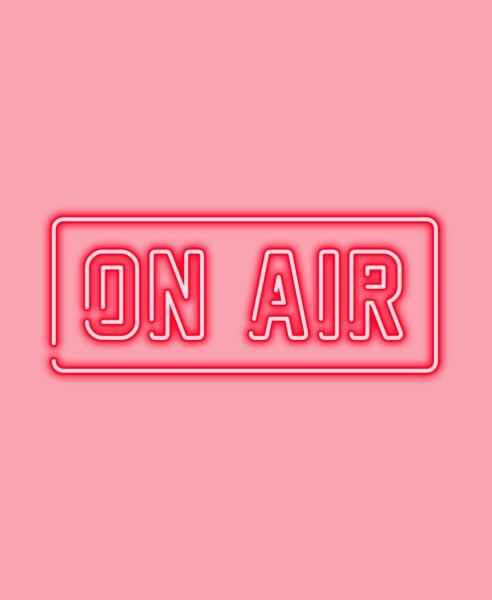
Jimmy Kimmel returned to late-night television on Tuesday, Sept. 23, 2025 after serving a six-day suspension from ABC following controversial remarks he made about the death of conservative commentator Charlie Kirk.
While ABC framed the suspension as a matter of accountability, the decision has sparked conversations among students about what free speech really means, how much control media companies should have and where political commentary fits in entertainment.
“From what I’ve seen, people online were pissed they took him off the air,” said Scarlett Cueto, a junior English and mass communication major. “Even if what he said had been even remotely offensive, the government shouldn’t be allowed to force someone off the air because they got their feelings hurt.”
Cueto stressed that public figures should have the same constitutional protections as anyone else.
“Media personalities are citizens like everyone else, and they should be able to exercise their right of free speech,” Cueto said. “Of course, that does not exclude them from the consequences of that speech. If Kimmel had said something that truly violated FCC rules, then give him a fine. This wasn’t ‘the consequences of his actions,’ this was just censorship by the government, plain and simple.”
Controversies like this one can serve as learning moments, especially in online communities.
“I am so chronically online, I’m like the town crier for media controversies in my friend group,” Cueto said. “I do care about them, and I think most of them can teach people how to navigate certain situations, even if the controversy is so unique to the specific media personality.”
For some students, Kimmel’s suspension wasn’t just about one late-night comedian but about a larger political divide.
“It’s regarded differently on the two sides,” said Madison Connor, a freshman political science major. “For Democrats, they see it as an egregious violation of the First Amendment, whereas republicans don’t seem to care at all. My opinion is that regardless of his political opinions and statements on the show, stripping him of his voice is ridiculous and a complete violation of the freedom of speech that makes America America.”
The differing responses from politicians to media criticism reflect broader questions about how power interacts with public discourse.
“In the same way Democrats don’t watch Fox News, Republicans don’t have to watch Kimmel,” Connor said. “Under Biden, he never stripped someone of their voice, even if they made fun of him, which we all know Fox News does, but he still never took away their First Amendment rights. However, Trump doing so and encouraging it, whereas Biden did not strip speech away, tells you everything you need to know about the two presidents and what they actually stand for.”
Other students emphasized the importance of clarifying what “free speech” actually entails.
“I think the current laws on free speech are appropriate, but a lot of people misunderstand what free speech actually is,” said Hope Martin, a mass communication major. “Free speech isn’t the freedom from consequences; it’s not being legally prosecuted for an opinion. I think the ability to criticize politicians is a key core of American values and free speech, but at the same time, it is the parent company’s decision on if the show is ever yanked or not.”
Many GCSU students expressed concern about what they see as a growing trend of political influence over entertainment.
“The trend of late-night shows being cancelled over comments about Trump isn’t a free speech violation technically, but I do find it a very concerning trend,” Martin said. “I think Trump has fostered an environment of cancel culture and pressure against speaking out that can only get worse over time with our current path.”
At GCSU, Kimmel’s suspension sparked a range of reactions, with many students viewing it as part of a larger conversation about free speech, media responsibility and political influence as the 2024 election approaches.

